Have you ever returned home after a long day, only to find your cat glued to your side, following your every step? That surprising burst of affection can warm your heart and, sometimes, bring a tear to your eye. For all their mysterious ways, cats are emotional creatures who show their love in subtle, sometimes astonishing forms. The moment you walk through the door, their presence can be almost overwhelming—like a furry shadow you never knew you needed. Why do our independent feline friends suddenly become so clingy after we’ve been away? The answer is more touching, and complex, than you might think.
The Bond Between Cats and Their Humans

Cats are often thought of as aloof and independent, but beneath that calm exterior lies a deep emotional bond with their humans. When a cat chooses to stay close after you return, it’s a sign that you mean something special to them. This attachment is built over time through shared routines, gentle touches, and mutual trust. Cats may not jump with excitement the way dogs do, but their loyalty is just as real. The simple act of waiting by the door or curling up beside you is their way of saying, “I missed you.” This bond is both comforting for the cat and the owner, creating a sense of security and belonging on both sides.
Sensing the Absence: How Cats Perceive Time

Many wonder if cats truly notice when their owners are gone. While they may not read clocks or calendars, cats have a keen sense of routine and can detect changes in their environment. Even a short disruption can feel significant to them. Their internal clocks, attuned to feeding, playtime, and cuddles, alert them when something is amiss. When you’re away, your absence creates a gap in their daily rhythm, which can leave them feeling unsettled. The moment you return, your presence restores their world to order, prompting them to stick close as they reconnect.
Separation Anxiety in Feline Friends

Although it’s more commonly associated with dogs, separation anxiety can deeply affect cats as well. When left alone for extended periods, some cats may experience stress or anxiety, manifesting as vocalization, destructive behaviors, or changes in appetite. Staying close after you return is their way of seeking reassurance and comfort. They may follow you from room to room, rub against your legs, or demand extra attention. This behavior helps them feel safe and reminds them that their favorite person is back where they belong.
Reaffirming Territory and Safety
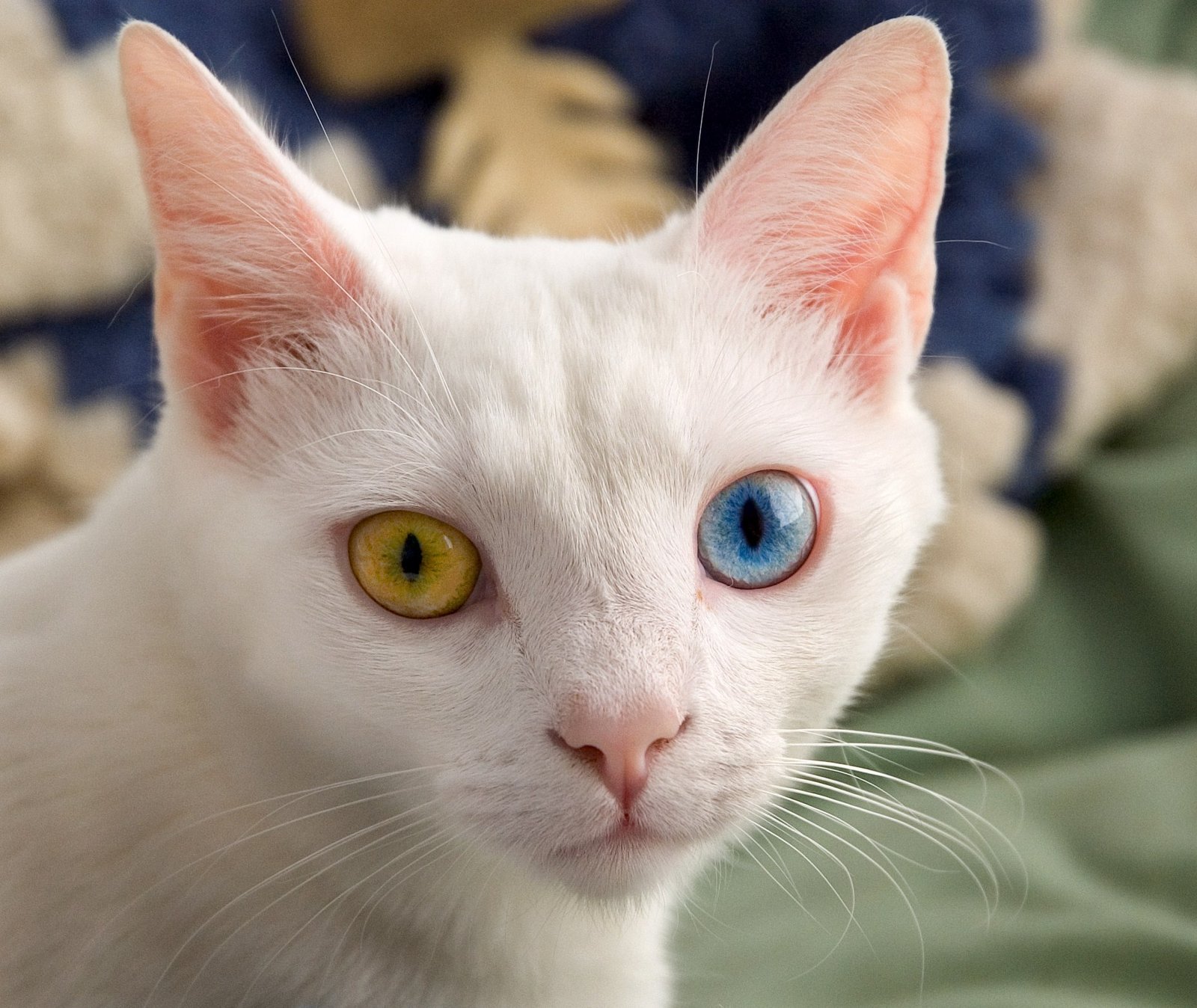
Cats are territorial animals, and your home is their kingdom. When you’re gone, their sense of safety can feel threatened. The return of their human means everything is back in order. By staying close, your cat is not only welcoming you but also reestablishing their territory with your scent and presence. They may nuzzle you, knead your lap, or curl up beside you, all ways of marking you as part of their secure space. It’s their way of saying, “This is home again. We’re safe.”
Seeking Warmth and Comfort
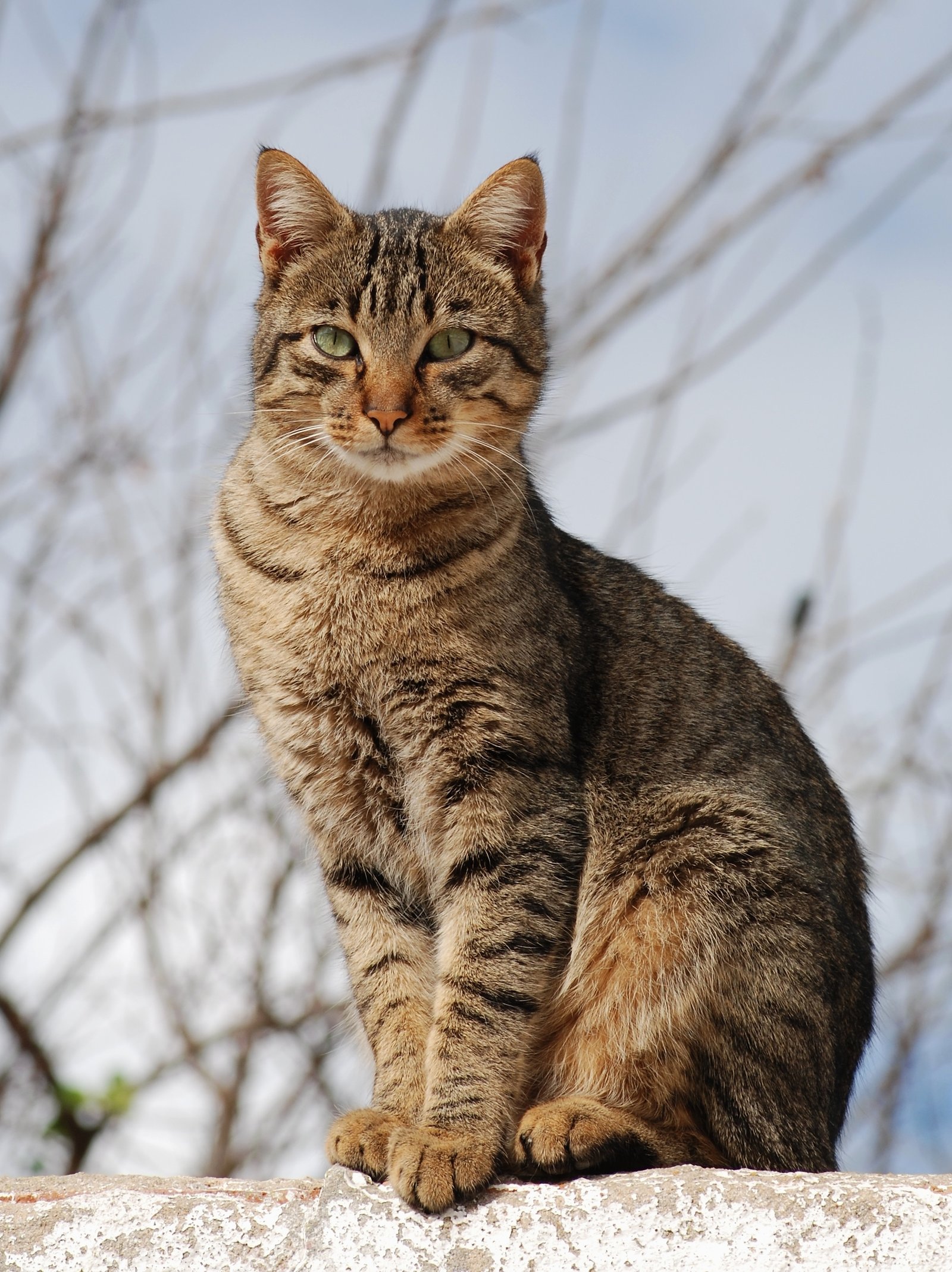
Let’s face it—cats love comfort. Your body provides a source of warmth, softness, and familiarity that they crave after time apart. When you return, your cat might immediately settle on your lap or snuggle into your side, soaking up your body heat and scent. This isn’t just about physical comfort; it’s also deeply soothing for their emotions. Your presence has a calming effect, helping them relax and feel at ease once again.
The Power of Scent and Familiarity

Cats have an extraordinary sense of smell, and your scent is like a comforting blanket to them. After you’ve been gone, your familiar smell can be incredibly reassuring. They may rub their face on your hands, clothes, or even your shoes, blending their scent with yours as a sign of affection and belonging. This mingling of scents helps reinforce the bond between you and your cat, making them feel more secure and content in your presence.
Curiosity About Where You’ve Been
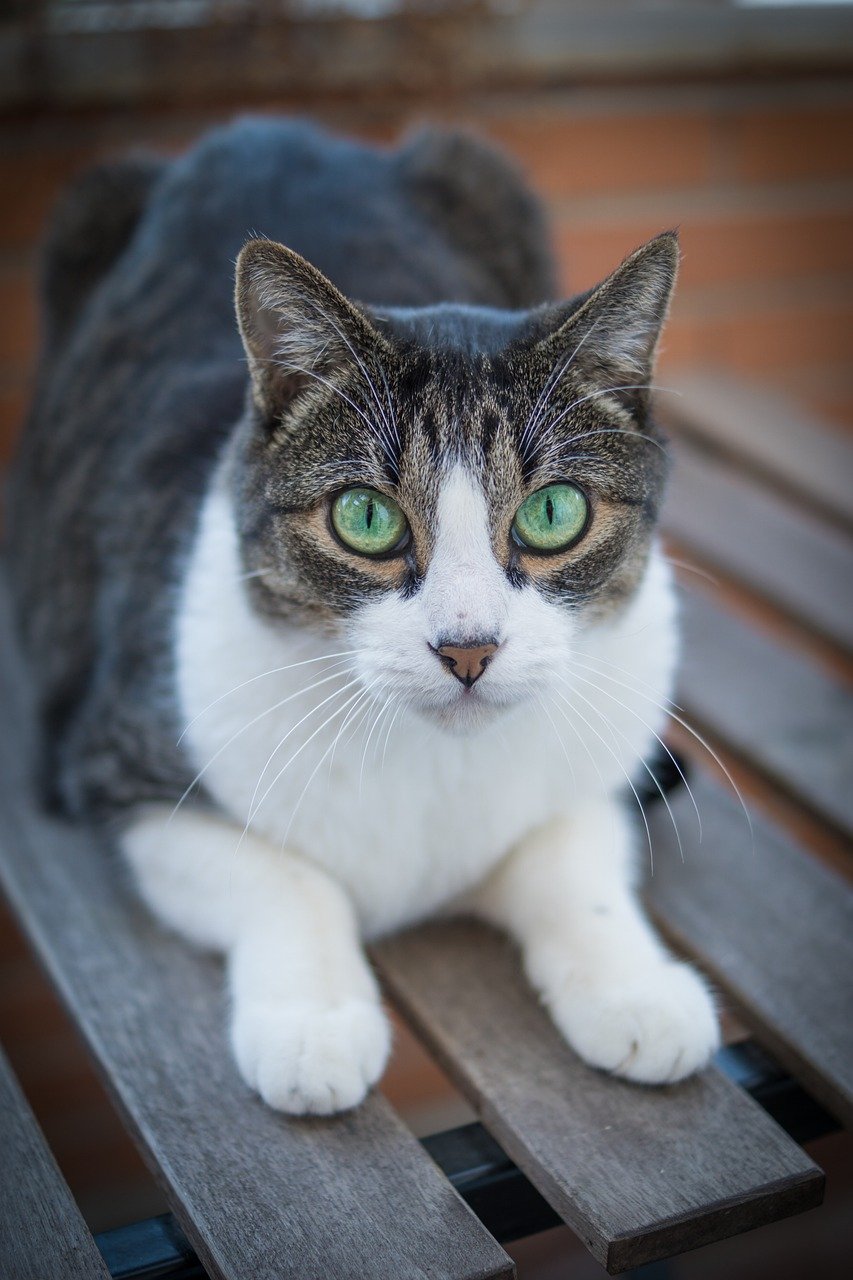
Cats are famously curious creatures. When you walk through the door, they might sniff your bags, shoes, and clothes, trying to unravel the mystery of where you’ve been. This curiosity often leads them to stay close, following you as they investigate the new scents you’ve brought home. It’s their way of catching up on the part of your life they missed while you were away—almost like reading a story through their nose.
Reestablishing Routines and Rituals
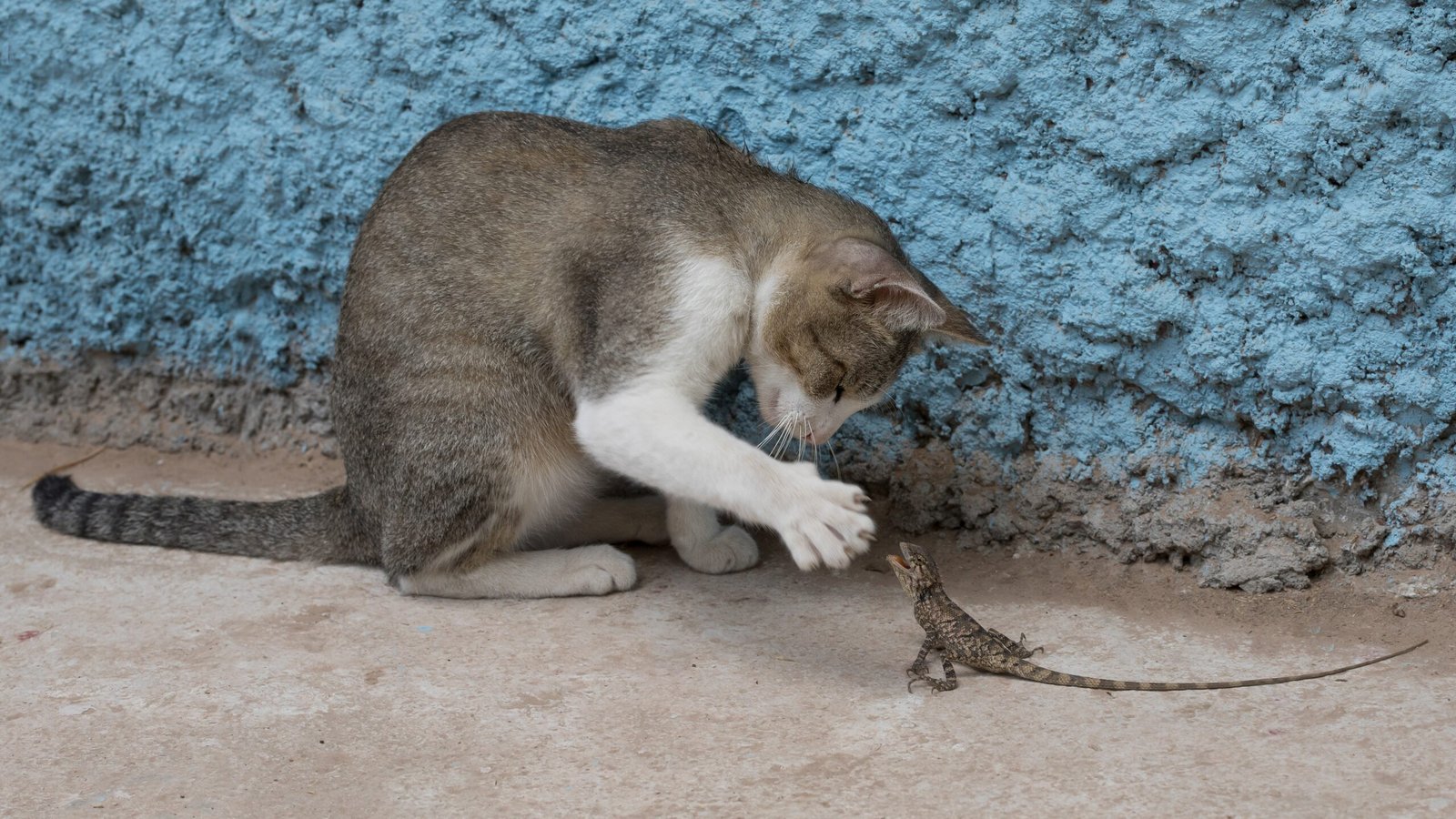
Daily routines are incredibly important to cats. Feeding times, play sessions, and cuddle moments create a predictable pattern that brings them comfort. When you return, your cat may stick close to help restore these cherished rituals. They might meow for dinner, bring you a favorite toy, or hop onto the couch for a cuddle. By participating in these familiar activities, your cat reassures themselves that life is back to normal.
Emotional Intelligence in Cats
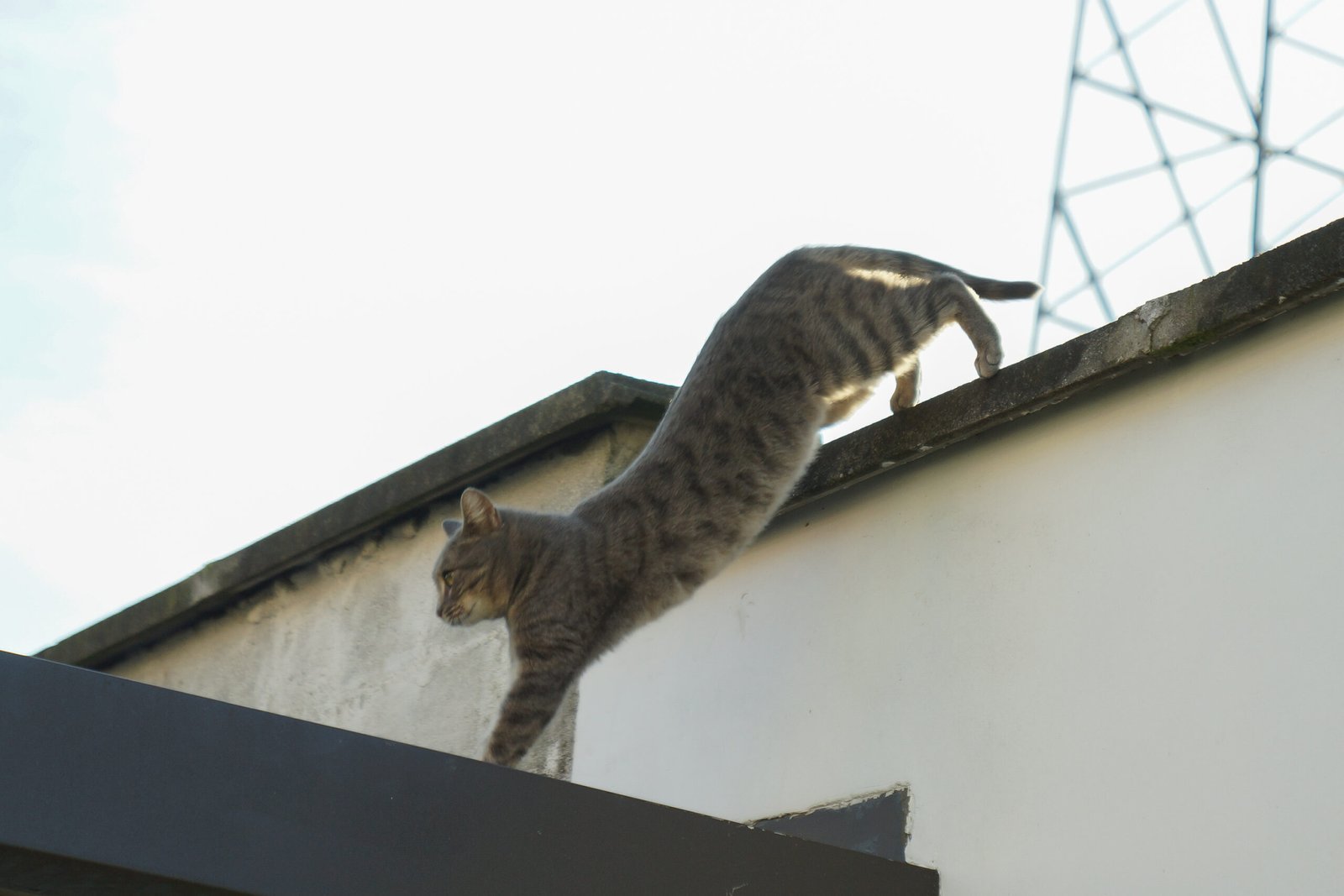
Recent research suggests that cats possess a surprising degree of emotional intelligence. They can sense their owner’s mood, picking up on subtle cues like tone of voice, body language, and facial expressions. When you return home, your cat may detect your relief, happiness, or even exhaustion. By staying close, they are responding empathetically—offering silent support and companionship when you need it most.
Mirroring Your Behavior
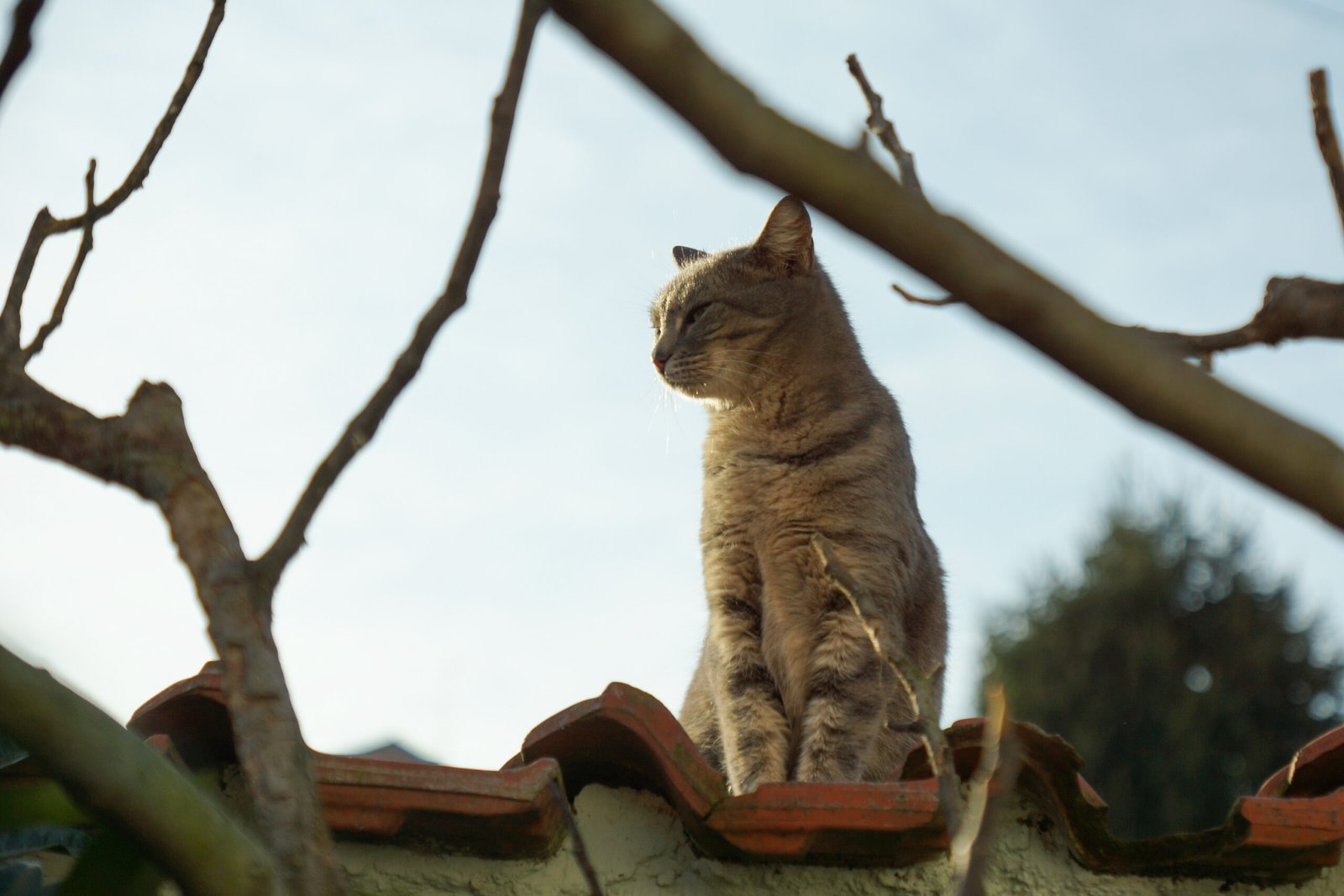
Cats are keen observers and often mirror the behavior of their owners. If you greet them warmly, speak in a soothing tone, or reach out for a cuddle, your cat will likely respond by staying near. This mimicry is a form of social bonding, reinforcing the connection between you. Over time, these shared gestures become a comforting ritual that both cat and owner look forward to after time apart.
Relieving Boredom and Loneliness
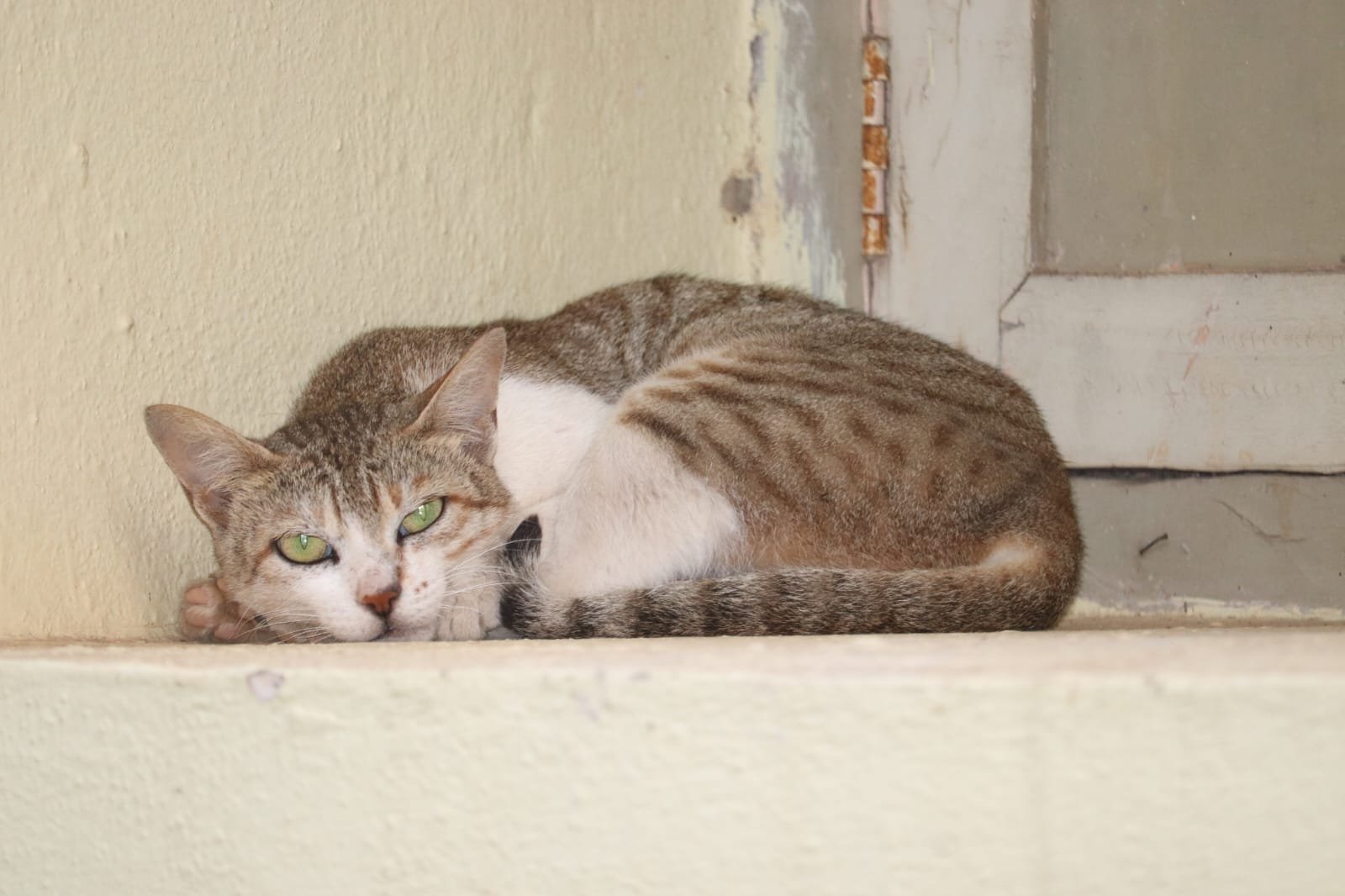
Although cats are independent, they still crave interaction and stimulation. Long hours alone can leave them bored or lonely. When you finally return, your presence offers a welcome distraction and a chance to engage. Your cat may seek play, conversation, or simply your company to fill the void left by your absence. Their closeness is a sign that they value your companionship just as much as you value theirs.
Physical Health and Stress Reduction
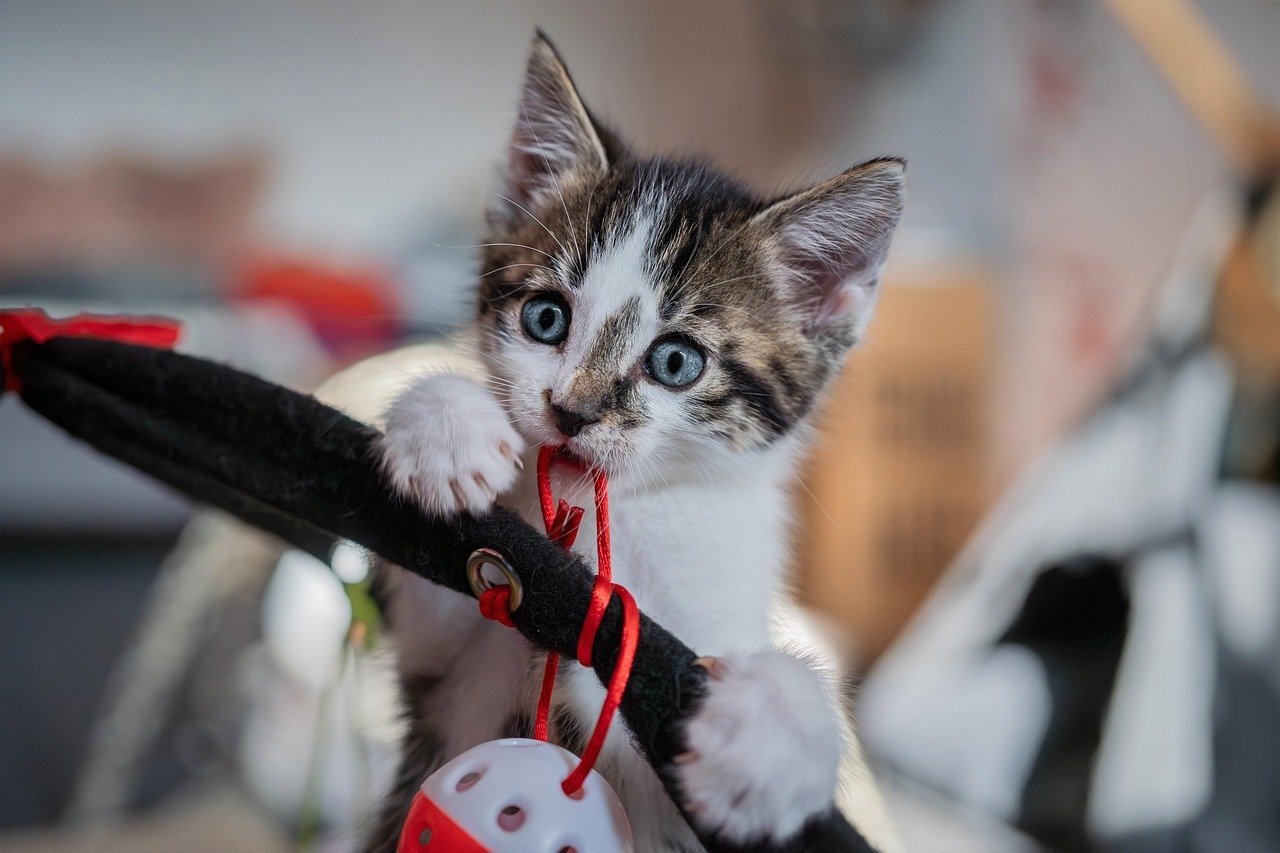
Staying close to their humans can have real benefits for a cat’s physical health. Human presence has been shown to reduce stress levels in pets, supporting their immune systems and overall well-being. Gentle petting, soft words, and shared quiet time can relax your cat, lower their heart rate, and even help them sleep better. In this way, your return is not just emotionally comforting but physically healing too.
Hunger and Basic Needs
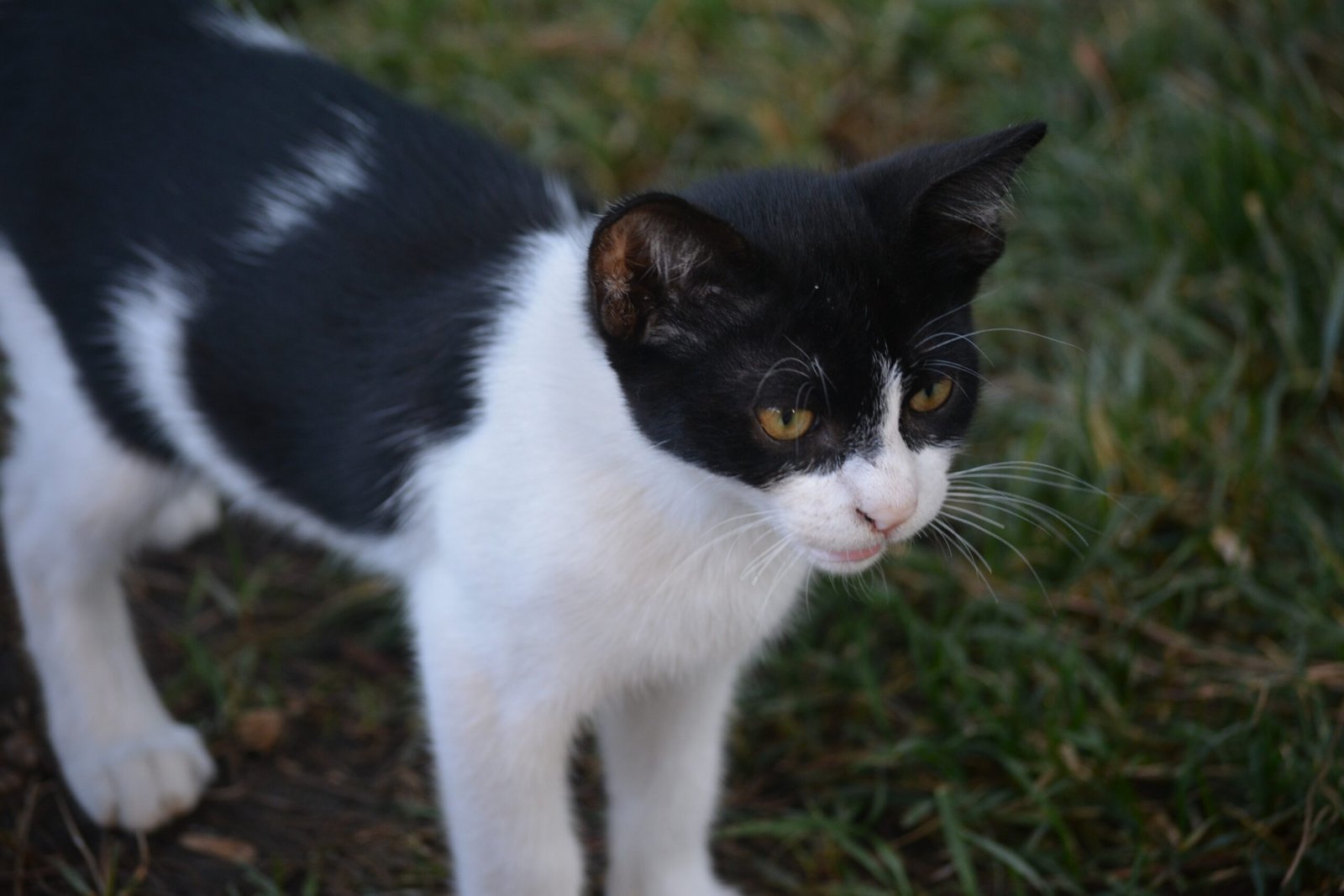
Let’s not forget the practical side—sometimes, your cat’s closeness is motivated by hunger or other basic needs. If you’ve been gone during mealtime, your return might signal that their food bowl will soon be filled. However, even after a meal, many cats continue to stay close, showing that their desire for your presence goes beyond simple necessity. It’s a blend of affection and practicality that makes your homecoming extra special.
Affection and Social Grooming

Cats show affection in subtle ways, and social grooming is one of their most intimate gestures. After you’ve been away, your cat may lick your hand, rub their head against you, or even groom your hair. These actions mimic the grooming behaviors they share with other cats, reinforcing social bonds and trust. Your return triggers this display of affection, as your cat seeks to reconnect in the sweetest way possible.
Vocalizations and Communication
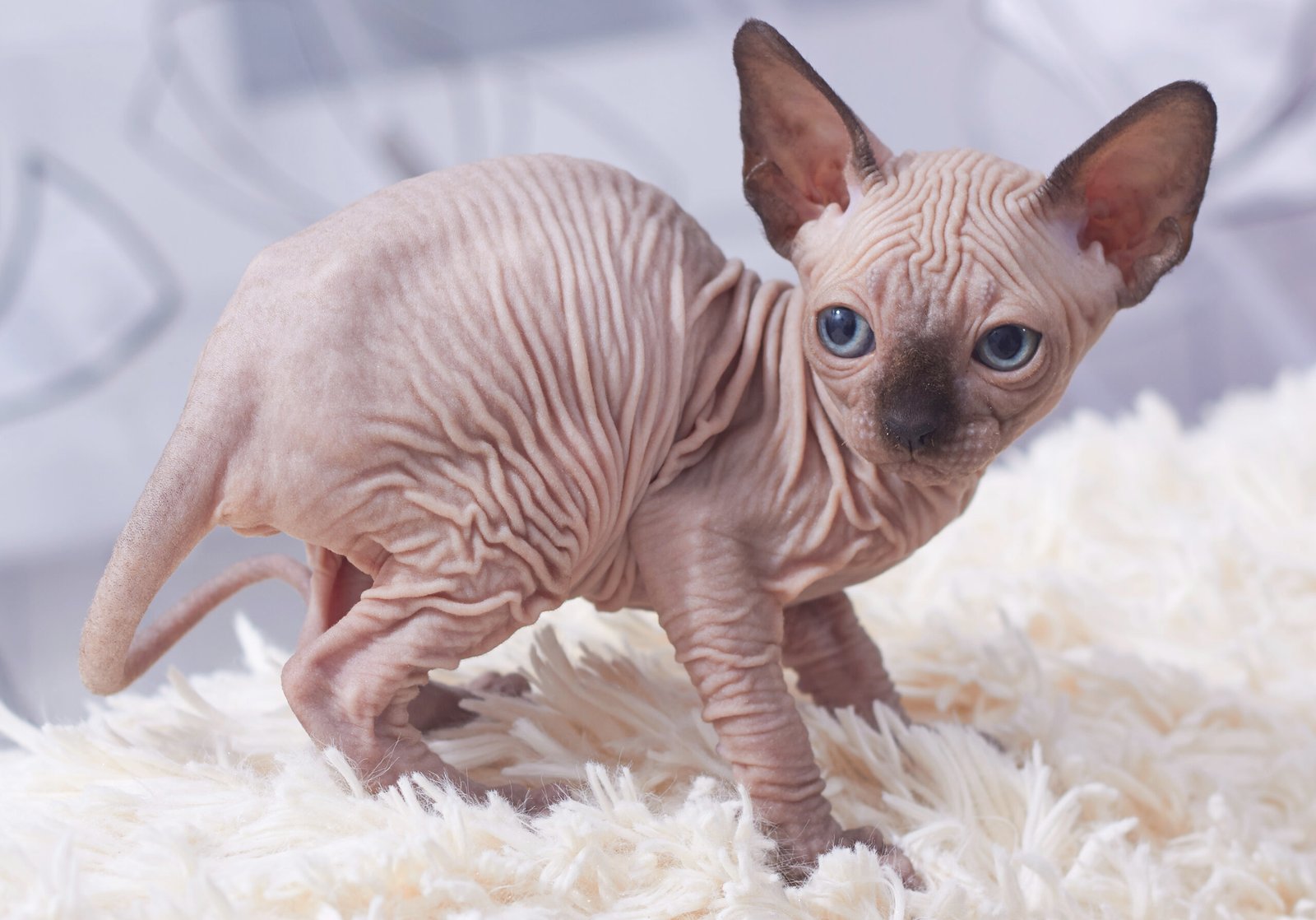
Have you noticed your cat becomes extra talkative when you walk through the door? Cats use a variety of vocalizations to communicate with their humans. After time apart, these meows, purrs, and chirps are their way of expressing excitement, relief, or even a gentle reprimand for your absence. By staying close and vocalizing, your cat is keeping the lines of communication open and letting you know just how much you were missed.
Watching Over You: The Guardian Instinct
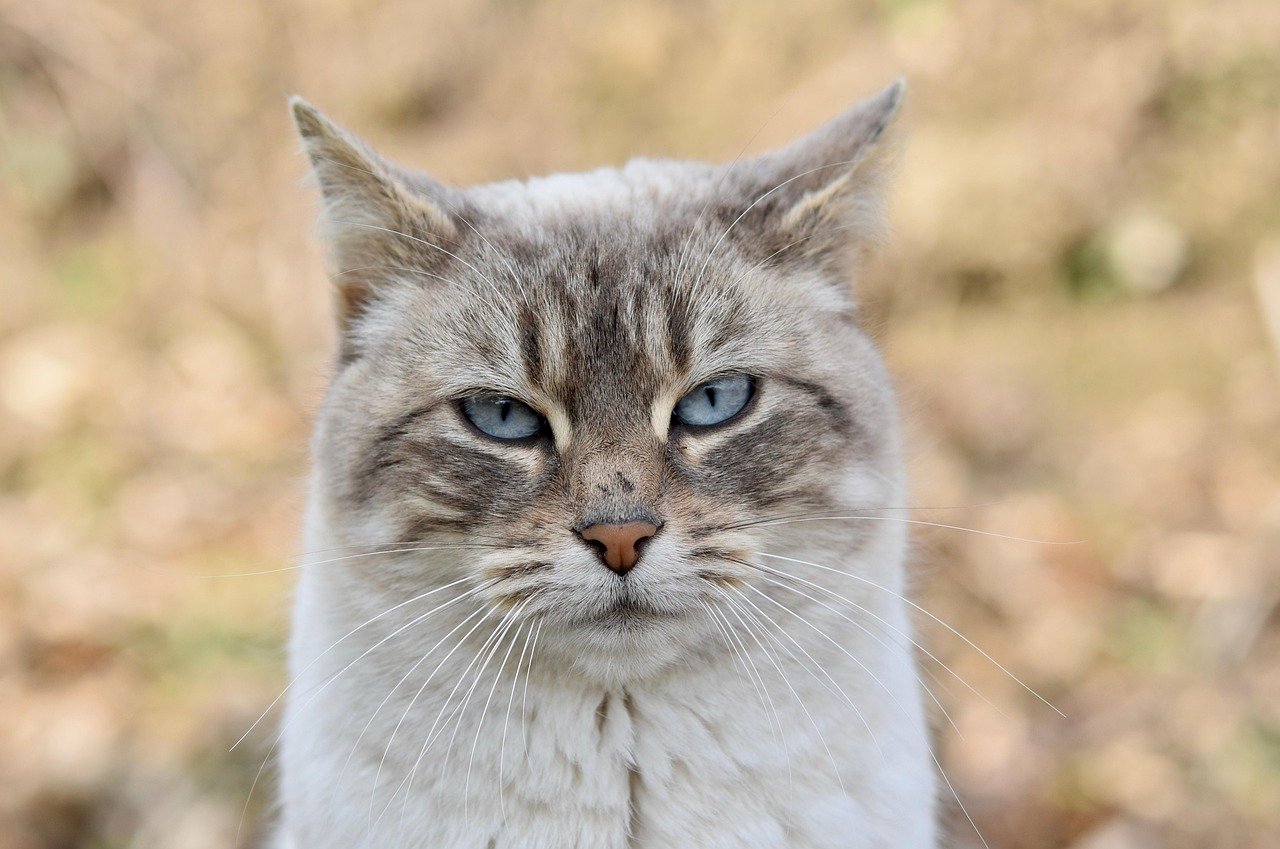
While it might sound surprising, many cats have a protective streak. After you’ve been gone, they may shadow you from room to room, almost as if they’re making sure you’re safe and sound. This guardian instinct is especially strong in cats who feel deeply bonded to their owners. Their watchful presence is a silent promise—they’re looking out for you, just as you look out for them.
Resuming Play and Social Interaction

Play is an essential part of a cat’s life, providing exercise, mental stimulation, and social bonding. After a period apart, your cat may bring you their favorite toy or initiate a playful chase. Staying close allows them to resume these joyful activities with their favorite playmate—you. The excitement of playtime is a wonderful way for both of you to reconnect and shake off the loneliness of separation.
Rebuilding Trust After Absence
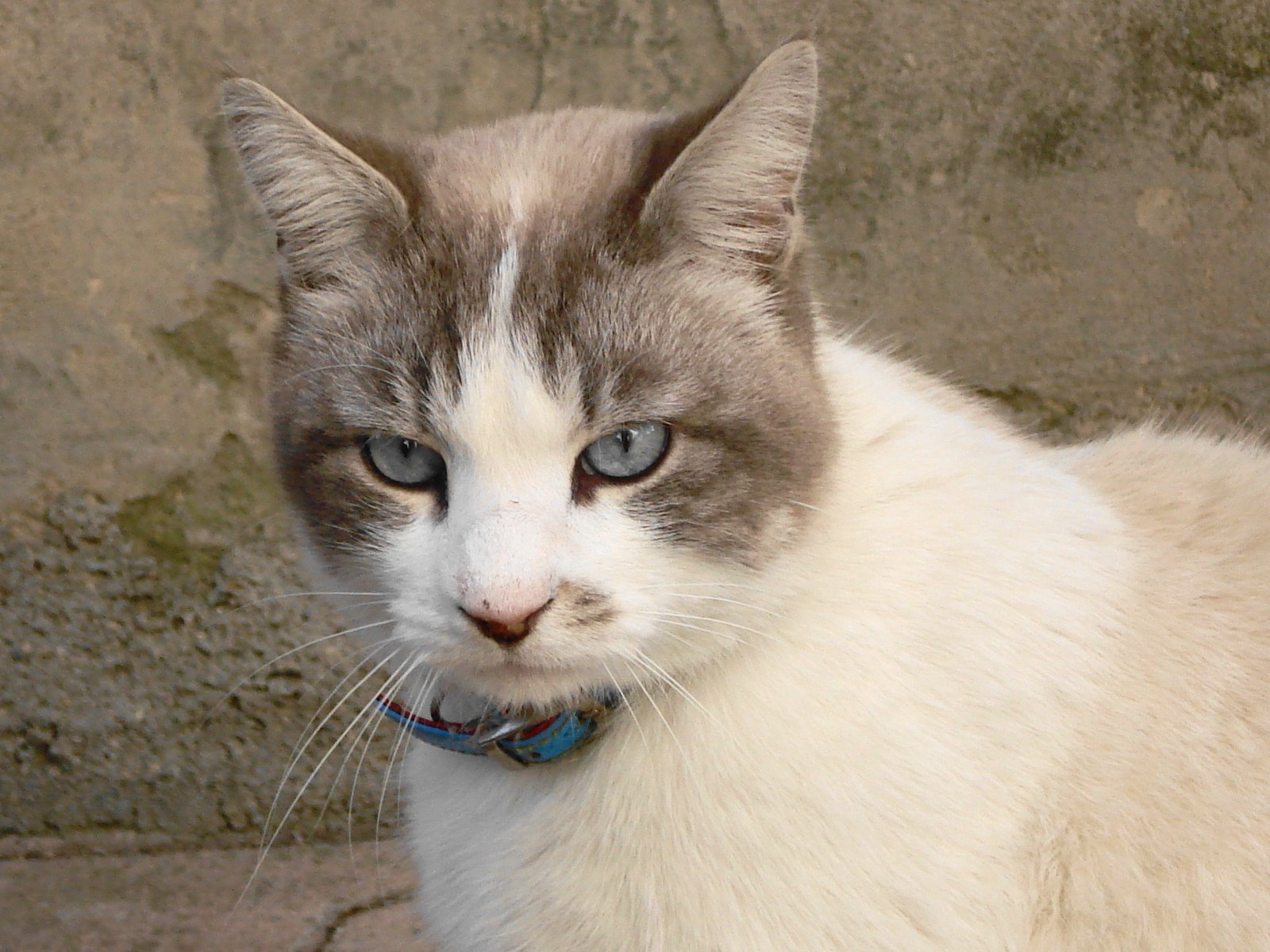
For some cats, especially those with a shy or anxious temperament, your absence can be unsettling. They may need extra reassurance and time to rebuild trust when you return. Staying close, seeking gentle petting, or simply sharing quiet time together helps reinforce the sense of security they crave. Over time, these comforting rituals strengthen your relationship and teach your cat that goodbyes are always followed by happy reunions.
Following Their Instincts
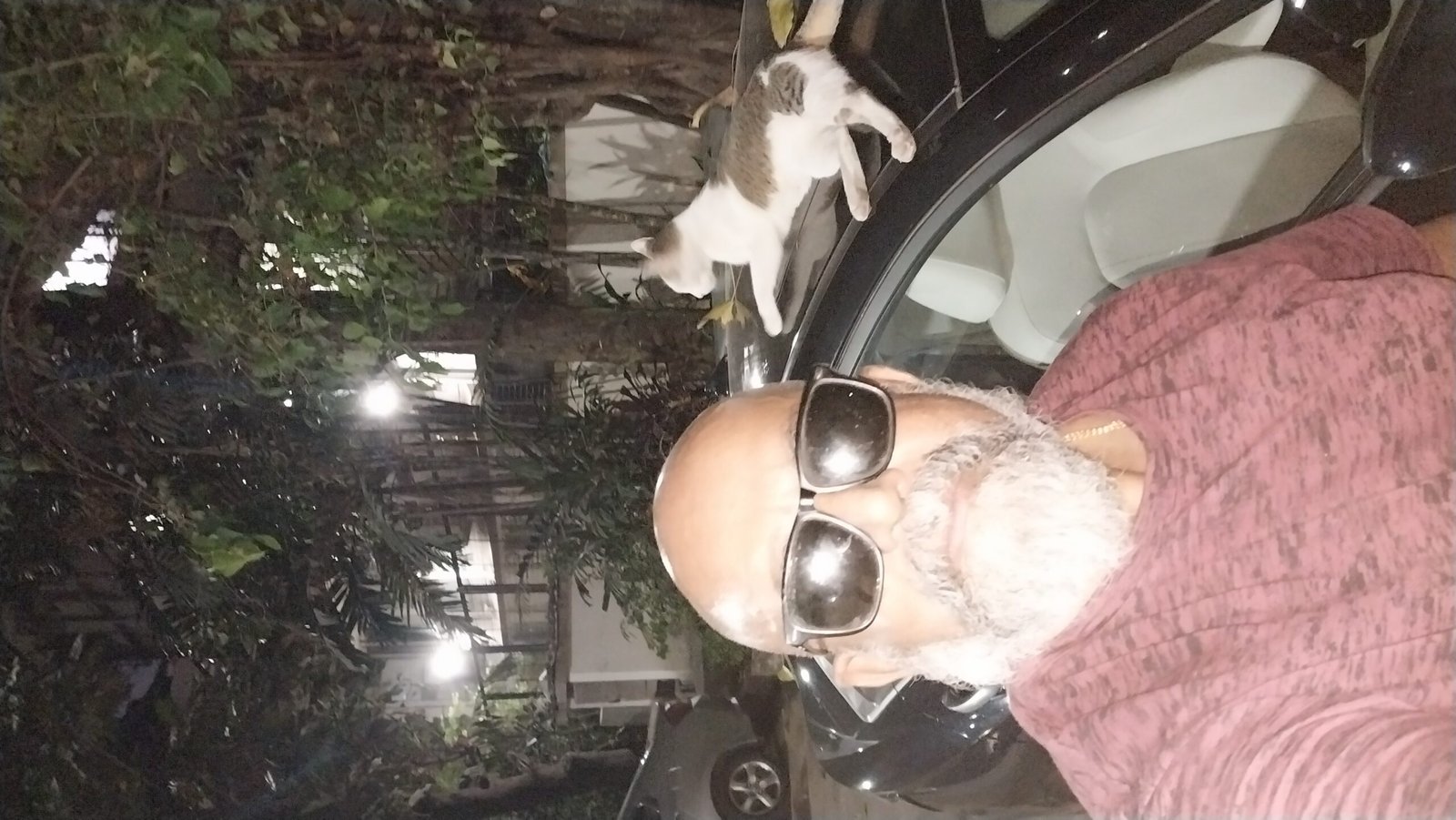
At their core, cats are creatures of habit and instinct. In the wild, staying close to trusted companions increases safety and survival. While your living room may not be a jungle, those ancient instincts still influence your cat’s behavior. Your return signals safety and familiarity, prompting them to stick by your side as a natural response to the world’s uncertainties. It’s a powerful testament to the timeless connection between cats and their people.
The Joy of Reunion: Making Every Moment Count
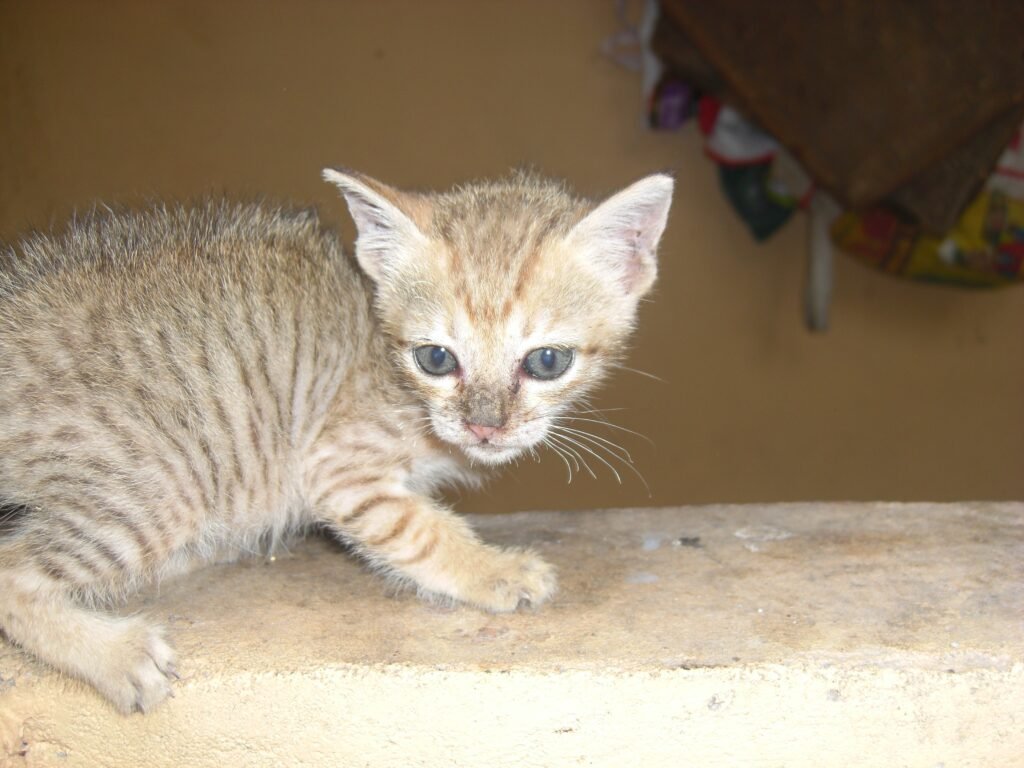
There is something magical about the moment you’re reunited with your cat. Whether they greet you with a soft purr, a gentle headbutt, or just a silent, steady presence, their affection is both humbling and uplifting. These reunions remind us that, for all their mystery, cats feel love and longing just as deeply as we do. The next time your cat won’t leave your side after you’ve been gone, cherish the moment—because, in their own unique way, they’re telling you that home just isn’t the same without you.
Hi, I’m Bola, a passionate writer and creative strategist with a knack for crafting compelling content that educates, inspires, and connects. Over the years, I’ve honed my skills across various writing fields, including content creation, copywriting, online course development, and video scriptwriting.
When I’m not at my desk, you’ll find me exploring new ideas, reading books, or brainstorming creative ways to solve challenges. I believe that words have the power to transform, and I’m here to help you leverage that power for success.
Thanks for stopping by, Keep coming to this website to checkout new articles form me. You’d always love it!





